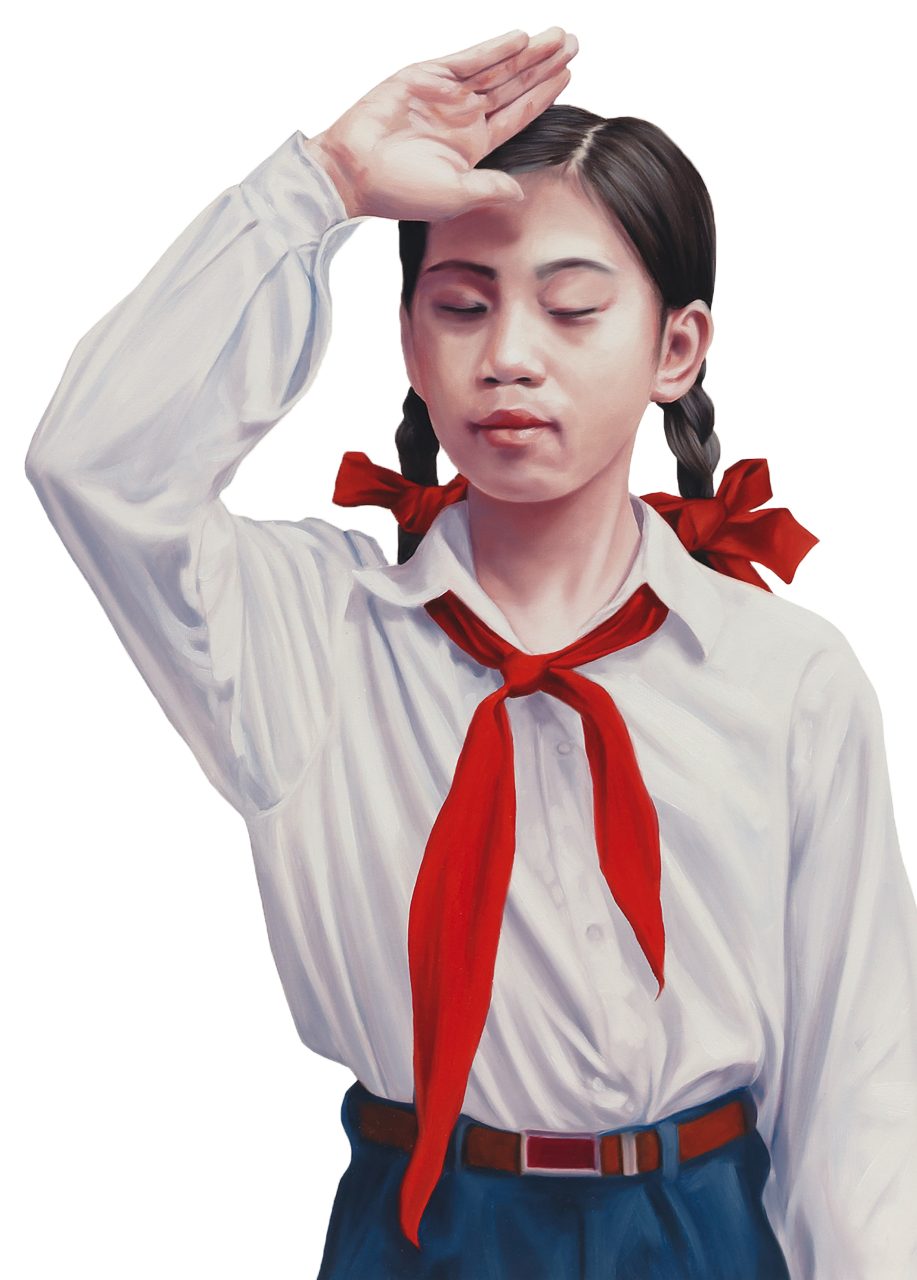4–8 PM
Welcome snacks
6 PM
Concert with cellist Sonny Thet
7 PM
Curator’s talk (DE/EN)
WHERE IS MY KARAOKE? STILL, WE SING focuses on social realities, life trajectories and practices of the contract workers and exchange students from Cambodia, Laos and Vietnam in the former GDR. It reflects on the afterlives of the political relationship between these countries, as it uncovers the socialist concepts of »modernity«, »brotherhood«, »solidarity« and »friendship« that endures beyond the fall of the Berlin Wall.
Inspired by the concept of Karaoke in which mostly singers re-narrate the pre-given musical pattern of a certain song, we raise questions of how migrants can be creators or mediators of modernity? How did/do (post)migrants make their homes for themselves and transfer this knowledge across generations?
The exhibition features a 5‑month group exhibition with artists Ho Rui An, Nguyễn Xuân Huy, Phung-Tien Phan, Songhak Ky, Trần Minh Đức and the BIPOC collective Postmigrant Radio, as well as an audiovisual archive collection, a public programme with film screenings, panel discussions, public interventions and gatherings.


